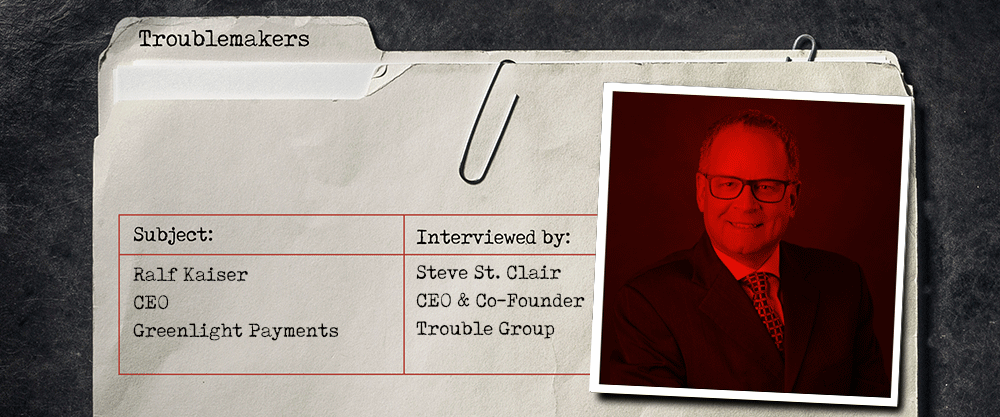Ralf Kaiser Troublemaker at Greenlight Payments
Cannabis. Marijuana. Hemp.
There’s still a lot of public confusion about those three words. But one thing that united them all was the 1937 Marihuana Tax Act. This beauty was turned into law and prohibited the production of not just marijuana, but hemp as well. So hemp took a bullet for its more illicit cousin.
What led to the 1937 Marihuana Tax Act? The most widely accepted theory is that newspaper baron William Randolph Hearst (1863-1951) – who had pulp paper investments to support his vast newspaper chain – wanted to demonize marijuana in order to get fiber hemp off the market.
In 1970, things got worse.
The Controlled Substances Act of 1970 classified cannabis as a Schedule I controlled substance with a high potential for abuse, no accepted medicinal use in treatment in the United States, and a lack of accepted safety data for use of the treatment under medical supervision.
In 2018, things got better…sort of.
The 2018 Farm Bill, signed into law by Trump in December 2018, is sweeping legislation. But the FDA continues to issue warnings to CBD companies based on the health claims made about CBD. Marijuana is still a Schedule I controlled substance.
Industries are springing up right around the delays of the FDA and USDA. Statista reports, “In the United States, sales of legal recreational cannabis are expected to reach an estimated 42 billion U.S. dollars by 2026” and “In 2018, the sales of hemp-based products amounted to 1.1 billion U.S. dollars. Hemp is forecast to reach 2.61 billion U.S. dollars in sales by 2022.”
Tripping over the old reputation
Thousands of cannabis-related businesses have sprung up to meet the growing demand. But many of them are running into a major hurdle: Their banks. At the federal level cannabis is illegal. In many states it’s legalized. And in the financial world, there is caution.
As Ralf Kaiser explains, the Safe Banking Act gives safe harbor to financial institutions, insurance companies, and payment networks who want to supply these services to the exploding cannabis industry.
Facilitating compliance banking and payment solutions for the cannabis industry
Ralf Kaiser is CEO of Integrated Compliance Solutions (ICS), a pioneer in the cannabis banking space. He’s been an investment expert his entire career. He’s passionate about the markets, raising capital, growth strategies, and taking care of investors. He also knows how to spot great opportunities.
In 2014, the federal Financial Crimes Enforcement Network (FinCEN) provided clarity and relief for credit unions serving marijuana-related businesses (MRBs) in the hope of enhancing the availability of financial services for MRBs.
Ralf and his team were ready with specialized state-of-the-art software to take care of both sides of the equation:
• The banks – understandably cautious
• The MRBs – impatient to grow their businesses
Compliance is baked in
From the ICS website:
As an early mover in an industry challenged with operating on a cash basis, we solved for the dichotomy between Federal and State laws to help financial institutions safely and soundly bank cannabis operators. We have continued to forge this path, helping new entrants into the market and solidifying our reputation as a leading cannabis banking authority in the United States.
Our team works to continue our mission of setting the standard in cannabis banking, helping to facilitate industry education and assisting financial institutions, regulators and other key stakeholders to understand the global impact and benefits of banking an evolving industry.
Ralf shares a story on the podcast about a gentleman in the business who received a letter from his bank, with a $3.7M check attached. Normally that would be exciting. In this case, the bank had closed his business banking account. This story illustrates the crazy things that are still happening to entrepreneurs to this day.
The industrial hemp market is lit up
Industrial hemp is defined as having less than 0.3% THC. Ralf goes through an amazing list of innovations happening with this ancient plant:
- Hemp fibers for use in car parts
- Cell phone covers
- Textiles
- Bio-plastics
- An alternative to concrete, plastic, fuel, rope, food
- And many more
In 2015, the industrial sale of hemp totaled approximately 106 million U.S. dollars. Sales of hemp for industrial applications are forecast to reach 588 million U.S. dollars by 2022. In other words, the industrial hemp industry is growing like a weed (can’t help myself).
Advice for entrepreneurs
I’m getting so many great answers when I ask my troublemakers to offer their best advice for others out there. Besides filling us in on the industry, Ralf offers two amazing ideas for entrepreneurs, among others scattered through the podcast.
04:47 – Ralf explains the industrial hemp market.
10:23 – A great explanation of the needs of cannabis related businesses.
23:10 – Consider acquisition strategies.
28:01 – Entrepreneurs should get really minute: micro and hyper targeting.
Learn More
Integrated Compliance Solutions:
Website | Facebook | Twitter| LinkedIn | Instagram
Greenlight Payments:

